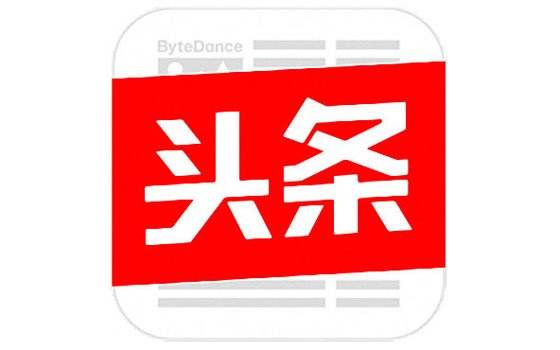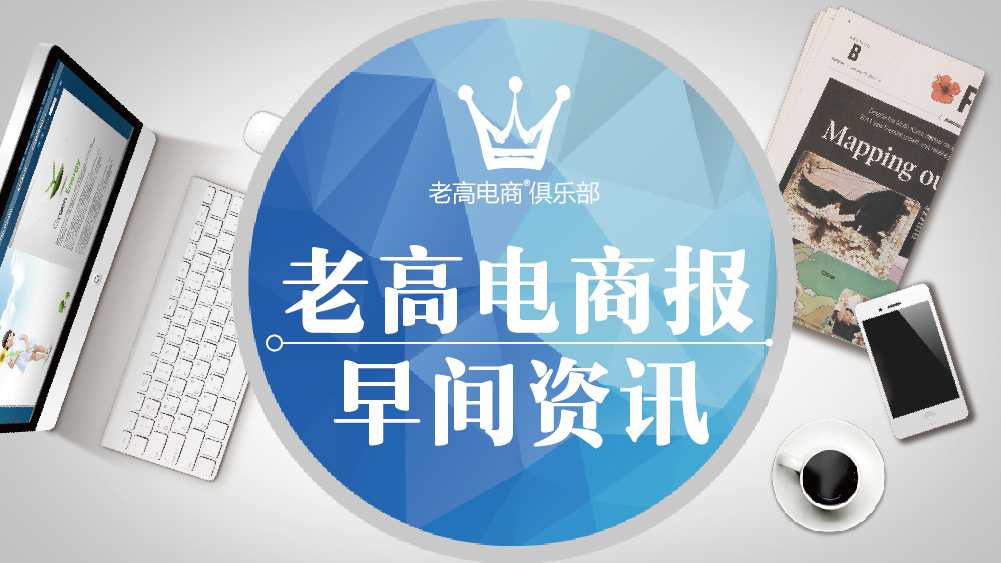Do you still remember Zhang Yiming’s apology letter last week?
In the apology letter, Zhang Yiming said: The product (connotation joke) has gone the wrong way, and there has been content that is inconsistent with the core socialist values. He has not implemented the public opinion orientation well, saying that he has been in self-blame and guilt and has not been asleep all night!
This is not the first time Zhang Yiming has felt the pressure. Toutiao was summoned by relevant departments a month ago. If the alarm bell was sounded the previous time, then this time it was a bit "shouldering the example".
The permanent shutdown of the connotation jokes hatched from the inside and the full shutdown of Douyin comments has to be said that this post-80s engineering man who adheres to "algorithm neutrality" and "algorithm has no values" is rethinking algorithms and values.
In China, there are many products like Toutiao, but there are very few products that can be valued at tens of billions of dollars like Toutiao. According to incomplete statistics from entrepreneurs in media organizations, Toutiao has as many as 55 products incubating, acquiring and external investment, and more than 10 are valuated in billions of yuan.
A product similar to Toutiao is called Pinduoduo. Although their rise is different, the logic of the product is similar, and they all achieve commercial success through big data + algorithms. The former is defined as an information distribution platform, while the latter gradually develops into a commodity distribution platform.
One has been established for more than 5 years, and the other has been established for only more than 2 years. Some media will make today the "darkest moment" for Zhang Yiming, which is a bit alarmist, and it is far from so serious. However, today's Toutiao has indeed encountered some troubles and dilemmas. In my opinion, there are mainly these three aspects.

Dilemma 1: Do algorithms need values?
Many people have used Toutiao, whether it has been uninstalled or continued to use it. When I used the headlines, I wanted to read some news. After using it for a while, I found that I spent too much time on it, and the key is that all this time was wasted and the spend was worthless, and later I decisively gave up.
One of the powerful functions of Toutiao is its recommendation system and comment function at the bottom of the article. For users, they can subscribe to relevant channels based on their favorite content. For content producers, they can produce content that meets the platform and user's tastes based on the preferences of fans. The algorithm will recommend the producer's content to countless users who use Toutiao based on hot topics.
What's the problem with this? If you look at it from the perspective of "network neutral" people, there is no problem. It is human nature to like to read entertainment gossip and pursue curiosity, but if the algorithm recommends to you every day, "It is said that after reading this article, this video is so touched and crying", "I have done a few things, just marry", "I was shocked, it turns out that xxx", "I was silent after watching xxx", "I am not Chinese if I don't turn around, xxx"...
At this time, the problem arises. If you are exposed to these "title party, three vulgarities" content every day, your values have been changed by the algorithm. For Chinese Internet users, the demand for in-depth content only accounts for a small number, and most people's choice is to read whatever you recommend.
So, how to balance the values of algorithms, should Toutiao consider it or let it develop?
The well-known pain point in content distribution is that it indirectly loses the comprehensiveness and unknown nature of news content. Imagine that your unintentional search focus is pushed to you frequently every day. What is the value of such news?
Dilemma 2: How far can the traffic advertising model that binds users go?
I am not worried about the profitability of today's headlines. Although it has changed the way people read news, their business model has not changed much. From attention economy to traffic economy, from traffic economy to advertising monetization. This is a very traditional way to monetize content. Looking at it today, it just expanded N pages of newspapers and magazines from the paper era and moved them to the mobile terminal.
Toutiao should do it, try to extend the user's online time to increase the chance of passive inspiration. Machine learning and distribution make information matching more accurate, and information flow content gives advertisers more space.
Toutiao's products firmly control the entrance to traffic, and this is basically the case with the service platform for content entrepreneurs.
Use Toutiao’s product logic to understand Pinduoduo, the dark horse in the e-commerce industry. They have many similarities - they all use algorithms to attract users. Toutiao uses interest + algorithms, while Pinduoduo uses low prices + algorithms; the feeling that one is content low and the other is product low. The advantage of the latter over the former is that Pinduoduo, who does e-commerce, will not be subject to content controls like Toutiao, which does content.
Dilemma 3: BATJ's clamping
Toutiao is doing traffic business, which is the same as Baidu. Although Baidu does search, its monetization method is highly dependent on advertising. Although Toutiao dares not confront Baidu head-on, there are already signs that Toutiao will become Baidu's strongest rival.
In the e-commerce field, Toutiao has also incubated its own e-commerce platforms such as "rest assured shopping" and "Today's Special Sales". E-commerce people know that the e-commerce market is a market that uses traffic to enable merchants. As long as you have traffic, you don’t have to worry about not having any cooperation with merchants.
At present, Toutiao, Douyin, Volcano Video, etc. are all super traffic entrances other than WeChat. When these traffic entrances become increasingly rich, it is inevitable that they will not face competition with Alibaba in the e-commerce field.
Although at last year's "Wuzhen dinner", Zhang Yiming was considered a guest of honor by the outside world and was included in Tencent. But everyone knows that Tencent can support Toutiao today and make a headline tomorrow. Don’t you see that Tencent is the shadow of every day Express and Qutoutiao.
Zhang Yiming knew very well that Toutiao’s users are not stable, and most of the user groups are concentrated in third- and fourth-tier cities, and most of them are Android users. The reason why Toutiao has developed so rapidly is mainly due to the booming period of smartphones in China. Almost all pre-installed mobile apps for Android users cover Toutiao today.
Chinese mobile phone users generally change their mobile phones around 12 months, and pure information flow products usually need to be reacquired. The problem with pure information flow products is that there is no social relationship centered on content producers, and users cannot effectively retain them.
Although Zhang Yiming did not go socializing directly, in order to attract high-quality users and increase user stickiness, Toutiao still launched products such as Wukong Q&A and Weitoutiao.
Pinduoduo founder Huang Zheng said, "Ali, Jingdong, Didi, Meituan, they are imperial-style competition and have clear boundaries of territory." For Toutiao, such boundaries are becoming more and more blurred today. Any business that can move will shake the interests of BAT. Therefore, it is inevitable that the giant beast will face the attack of BAT during its growth.
Written at the end
In summary, what Toutiao is competing for today's traffic ecology, which will inevitably be under great pressure in the fight with giants. Although they have achieved phased victory in their respective ways, they have to be careful in the face of future profit models. On the one hand, they have to deal with the giants directly with the supervision of policies and the escalation of user consumption behavior.
No matter what, I hope the headlines will break through the siege as soon as possible!



![#Laogao E-commerce Newsletter#[E-commerce Evening News on August 8]](/update/1660010467l948357162.jpg)

![#Laogao E-commerce Newsletter#[November 28 E-commerce Evening News]](/update/1669627823l249887481.jpg)

 EN
EN CN
CN
